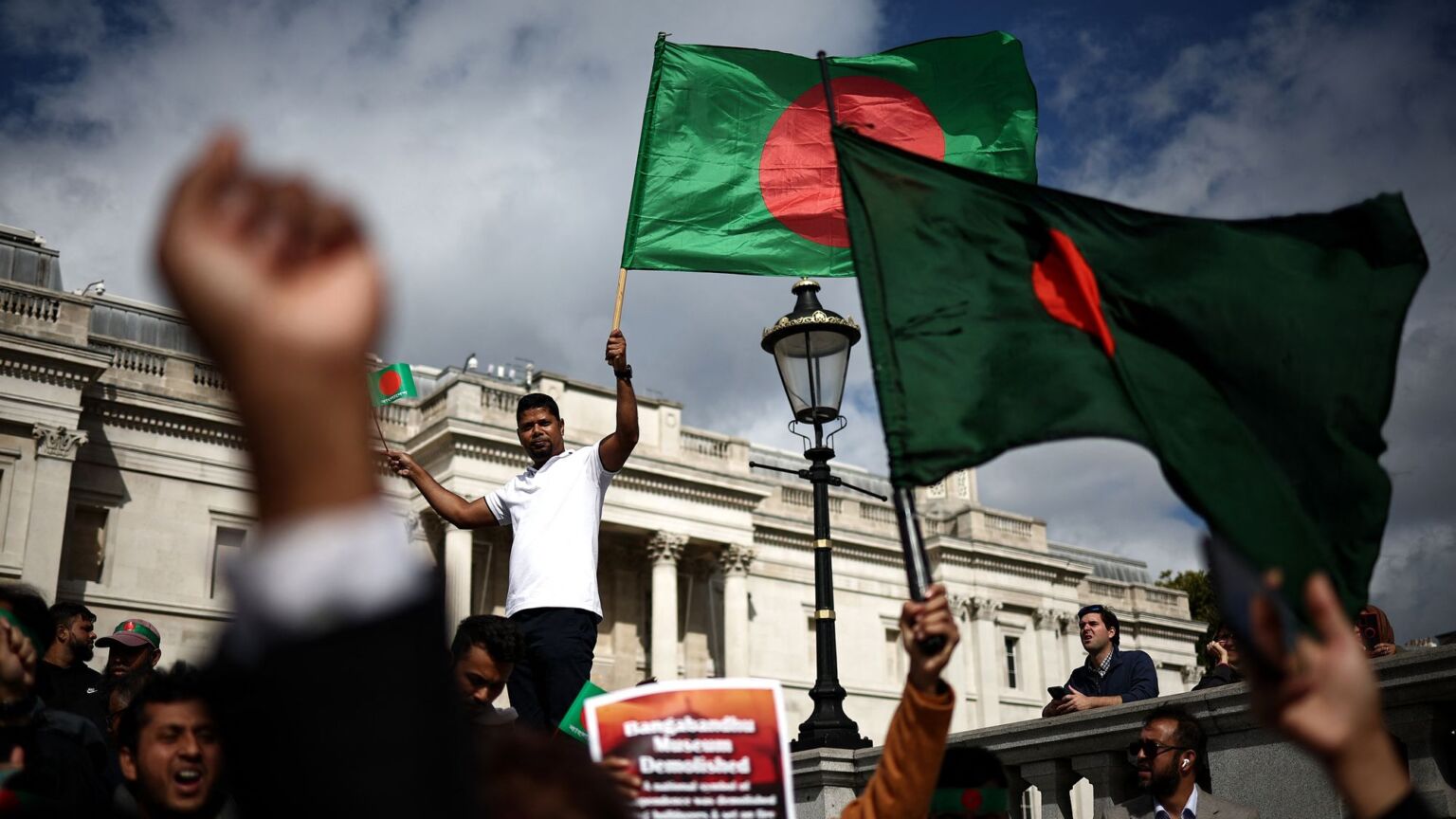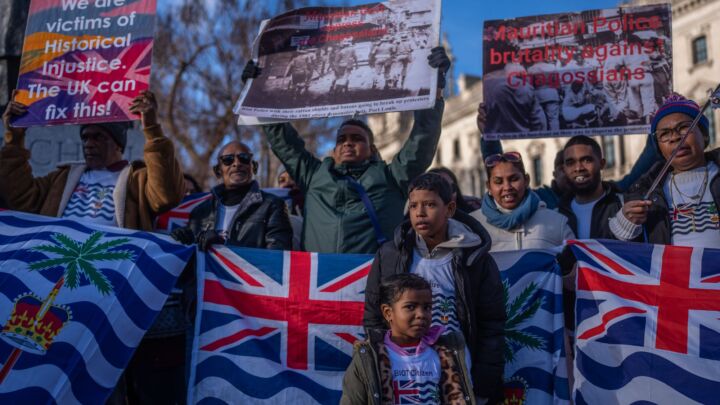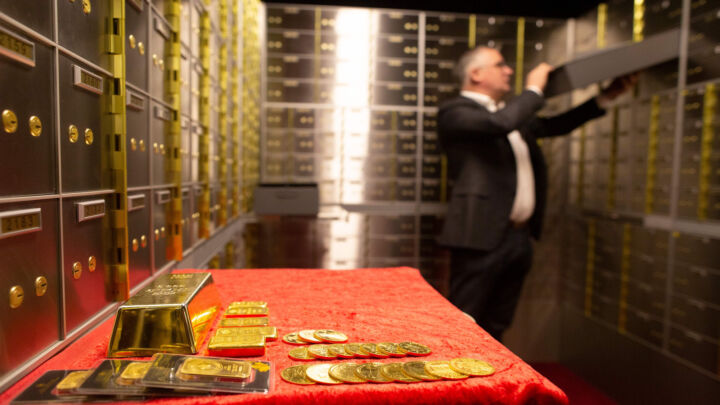Why are councillors in London running for office in Bangladesh?
The stark failures of multiculturalism have been laid bare again.

Want unlimited, ad-free access? Become a spiked supporter.
The east-London borough of Tower Hamlets has long been a byword for the failure of multiculturalism in the UK, with the area’s large Bangladeshi Muslim population increasingly voting along ethno-religious lines.
Reports on Friday that members of the local council are seeking election in Bangladesh are therefore, to put it mildly, not a good look. According to the Standard, three Tower Hamlets councillors have won the endorsement of the Bangladeshi National Party to fight the 2026 elections, slated for February. The Westminster government has described it as ‘unacceptable’, but so far the councillors are unrepentant. A spokesperson for Tower Hamlets council has insisted that the councillors have broken no law, in England or Bangladesh.
Most people won’t care whether any laws have been broken or not. It is beside the point. Instead, this case crystallises what many Londoners – from all backgrounds – have felt for some time: that the dominance of conflicting national and religious allegiances risks tearing the city apart. That local councillors in one of London’s oldest and most populous boroughs would spend their time campaigning for office in a different country is perhaps one of the more perverse examples of the estrangement that even prime minister Keir Starmer, earlier this year, admitted was widely felt and justified.
That is one part of the story. The other is that Bangladeshi politics has not mixed well in London, or for that matter in the United Kingdom. Two of the candidates seeking election in Bangladesh – Mile End’s Sabina Khan and Poplar’s Ohid Ahmed – were until recently members of the Aspire party, which was established by the disgraced mayor of Tower Hamlets, Lutfur Rahman.
Rahman’s political rap sheet is about as tawdry as they come. In 2015, he was stripped of the mayoralty and ordered to pay £250,000 in costs after being convicted of election fraud. Among other things, it was found that Rahman, who is British Bangladeshi, had ordered the area’s imams to tell Muslim constituents it was their duty to vote for him in the 2014 election. It also found that he had funnelled council money into Bangladeshi and Somali organisations in return for political support, and profited from double-cast ballots. According to an earlier Channel 4 documentary, Rahman’s modus operandi also included conscripting the support of the Islamic Forum of Europe in return for the presence of books extolling the virtues of Islamism in local libraries.
The influence of Bengali politics on British politics has been unedifying at a national level, too. In January, Labour MP Tulip Siddiq was forced to resign from the front benches after she was named in an anti-corruption probe in her native Bangladesh. Siddiq is the niece of Sheikh Hasina, the autocratic former leader of Bangladesh who was deposed last year. Prosecutors in Bangladesh allege Siddiq illegally acquired property and was a party to a multibillion-dollar embezzlement, centered on a Russian-funded nuclear power station. Siddiq, whose trial began in August, denies the charges.
Tower Hamlets isn’t so much a cautionary tale as it is a bleak reminder of the problems London and the UK are confronting. The sense of dislocation created by the state’s apparent inability, or unwillingness, to integrate certain migrant groups has not led to the impression of parallel societies – it has created them.
Hugo Timms is an editorial assistant at spiked.
£1 a month for 3 months
You’ve hit your monthly free article limit.
Support spiked and get unlimited access.
Support spiked – £1 a month for 3 months
spiked is funded by readers like you. Only 0.1% of regular readers currently support us. If just 1% did, we could grow our team and step up the fight for free speech and democracy.
Become a spiked supporter and enjoy unlimited, ad-free access, bonus content and exclusive events – while helping to keep independent journalism alive.
———————————————————————————————————————————–
Exclusive January offer: join today for £1 a month for 3 months. Then £5 a month, cancel anytime.
———————————————————————————————————————————–
Monthly support makes the biggest difference. Thank you.









Comments
Want to join the conversation?
Only spiked supporters and patrons, who donate regularly to us, can comment on our articles.